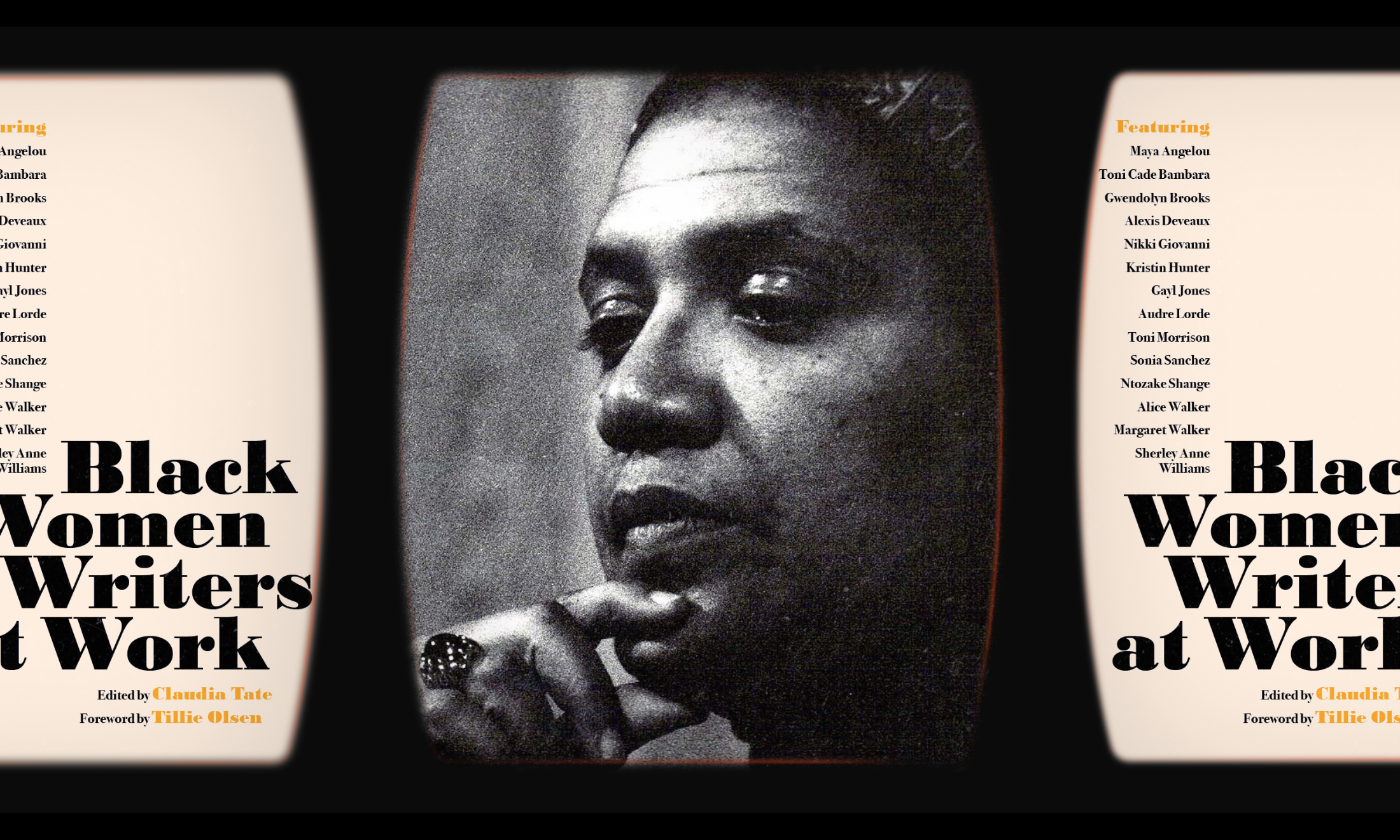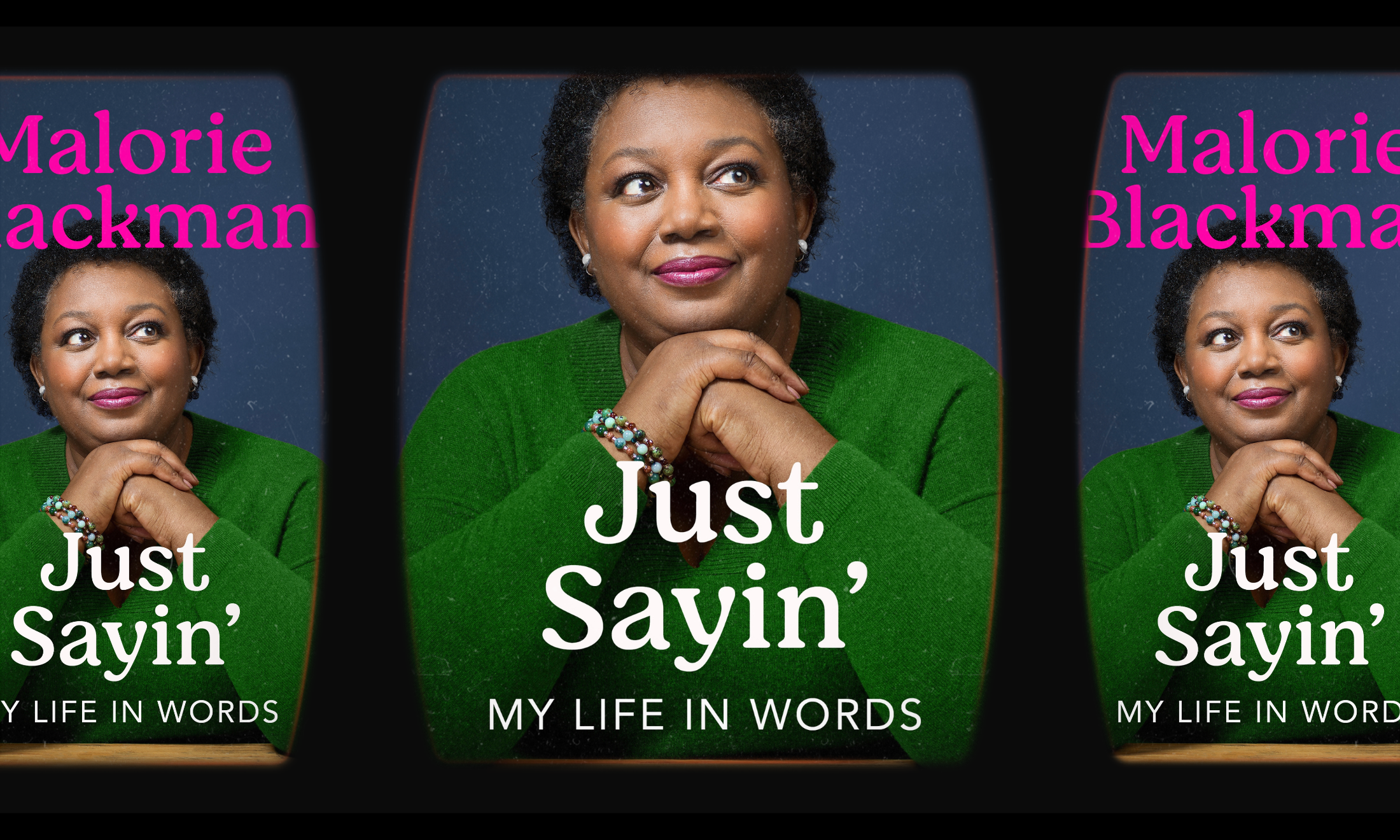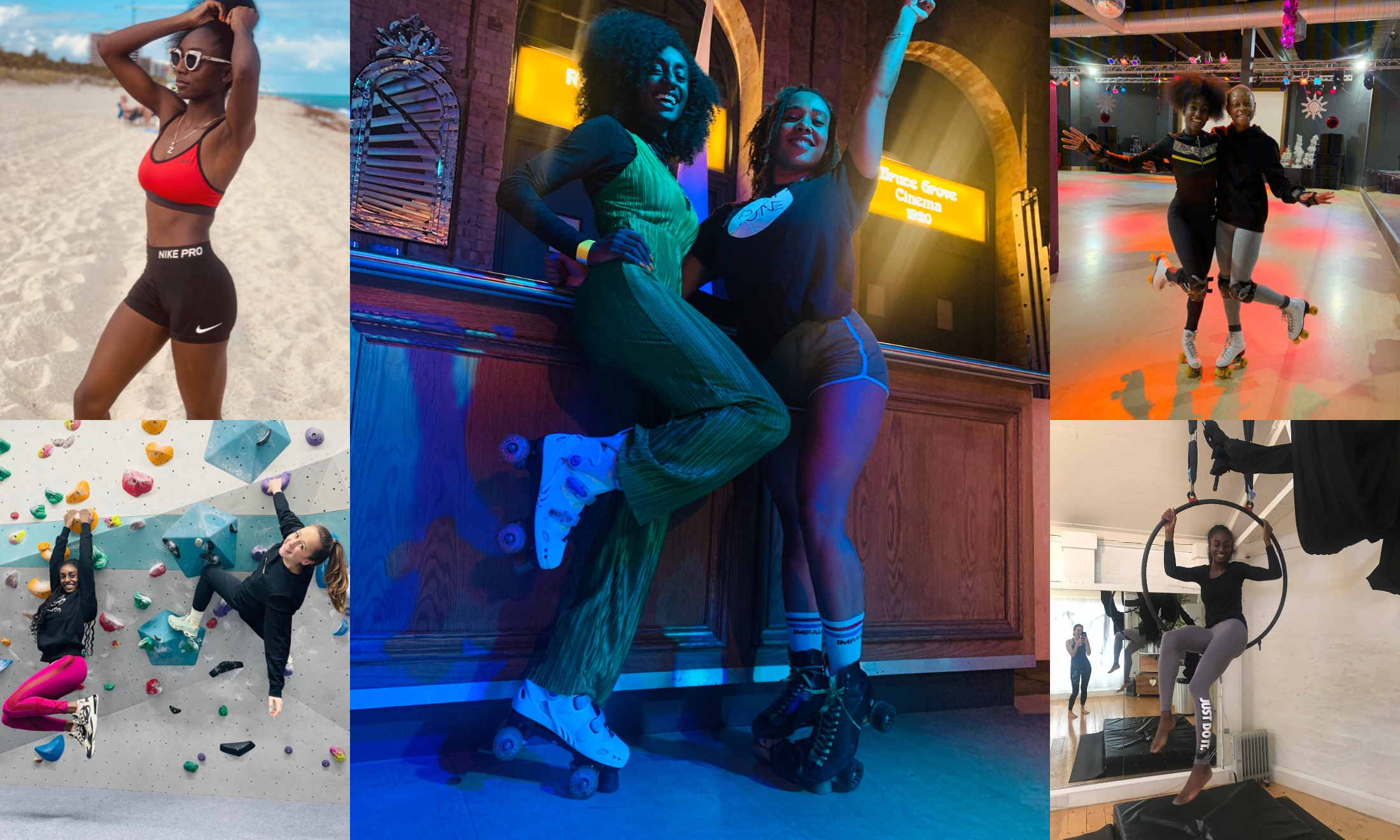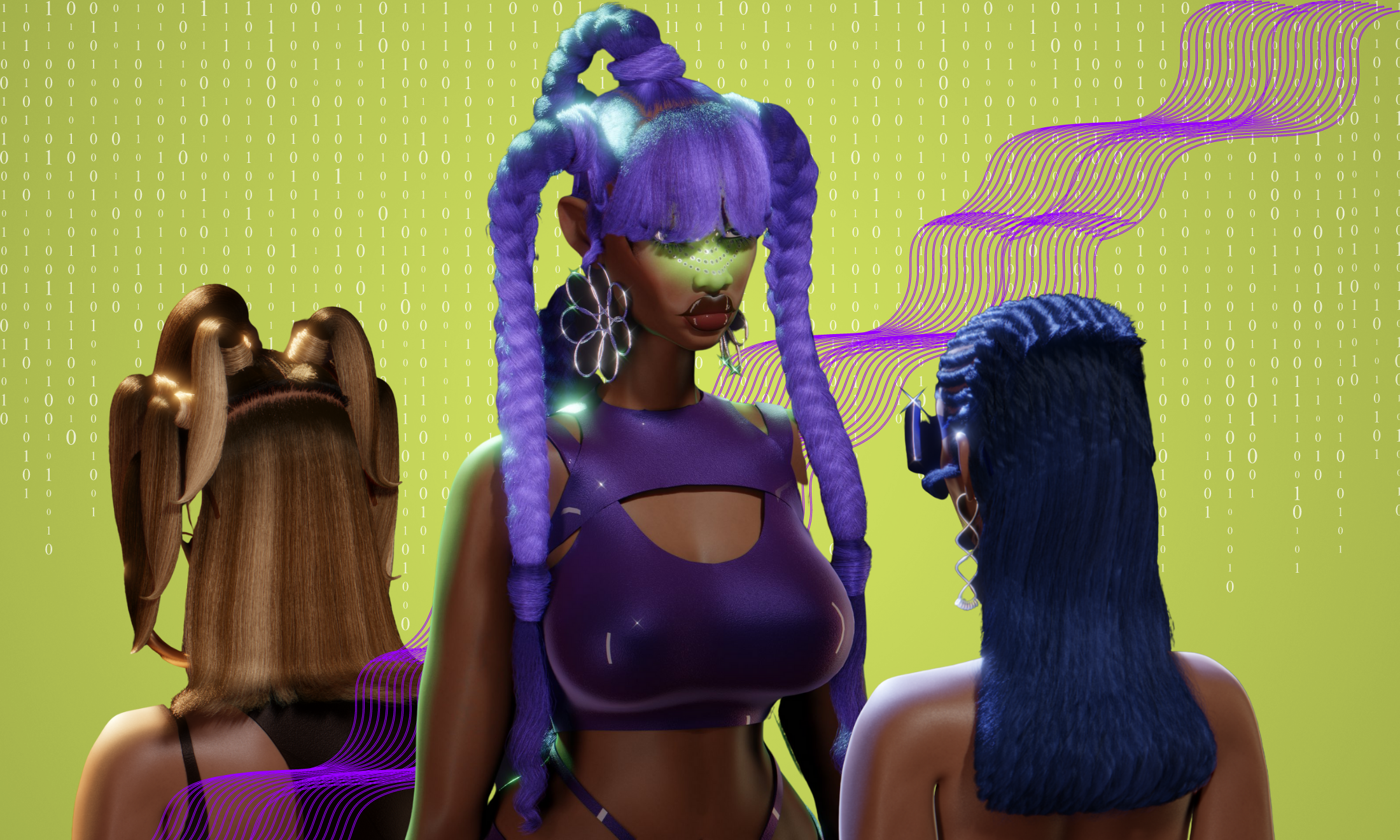
There is still a lack of inclusion of black protagonists in literature. From Harry Potter to Matilda, these best sellers have one thing in common: they have white leads. This lack of inclusion in British fiction is not only tiresome but it’s now infuriating. Children’s books shape our understanding of the world around us, they teach us life lessons and most importantly help to expand and develop our understanding of the world around us. So, what happens when children of colour only see white faces as their heroes and heroines?
It seems being white has become the default setting not only in literature but culturally. Subconsciously, we as readers assume a character is white until we are told otherwise. PoC in literature must be described by their appearance or a factor that distinguishes them as ‘other’, before we know them not to be white, which is not only disheartening but also problematic.
A prime example of ‘assuming whiteness’ in recent literature is witnessed through the characters Rue and Cinna from The Hunger Games, who were portrayed by Amandla Stenberg and Lenny Kravitz, both of whom are African-American actors. There was uproar from sad white fans who assumed their beloved Rue was a white character just like them. Her casting left a bitter taste in many a racist fan’s mouth who just couldn’t understand why Rue was portrayed as black even though she is described as having ‘dark brown skin and eyes’ in the novel. Writers do not have a duty to be more explicit when creating non-white characters, perhaps we as readers need to open our eyes to the possibility that not everyone on the planet is white.
Authors such as children’s laureate, Malorie Blackman, have set the pace for ethnically diverse literature but it is not enough. It appears that literature by PoC is still seen as a specific genre of its own no matter the content or style, but race should be a factor of our identity not the genre. Why can’t I see a young desi girl in the lead in a sci-fi fiction? Or a black boy as the love interest? Instead, when we are seen it’s as the quiet friend or neighbour with little-to-no character development. We are just as complex as our white counterparts are permitted to be and it’s time literature reflected this.
It almost seems ridiculous to state that being British no longer means being white. Children need to learn and experience other cultures; diversity in literature is a fundamental way of introducing this. The white-washing of literature only teaches younger generations that white is right and that the narratives of PoC are irrelevant.
It is time we stop entertaining the dated default settings and realise that People of Colour exist in the UK and we are not going anywhere. We can’t sit around waiting at the mercy of white authors to choose to include us, it is time we start creating our own narratives so that one day white will no longer be the norm in children’s literature.
And, as for the white authors who do not include ethnicities because they feel unable to represent them properly: that excuse is feeble. If you can write from the perspective of another gender or about fictitious worlds and even timelines decades before you existed then I am sure you will find a way to include a little black girl in your story. Surely the whole point of writing fiction is being able to use your imagination.
http://www.theguardian.com/books/2014/may/01/we-need-diverse-books-campaign-children









